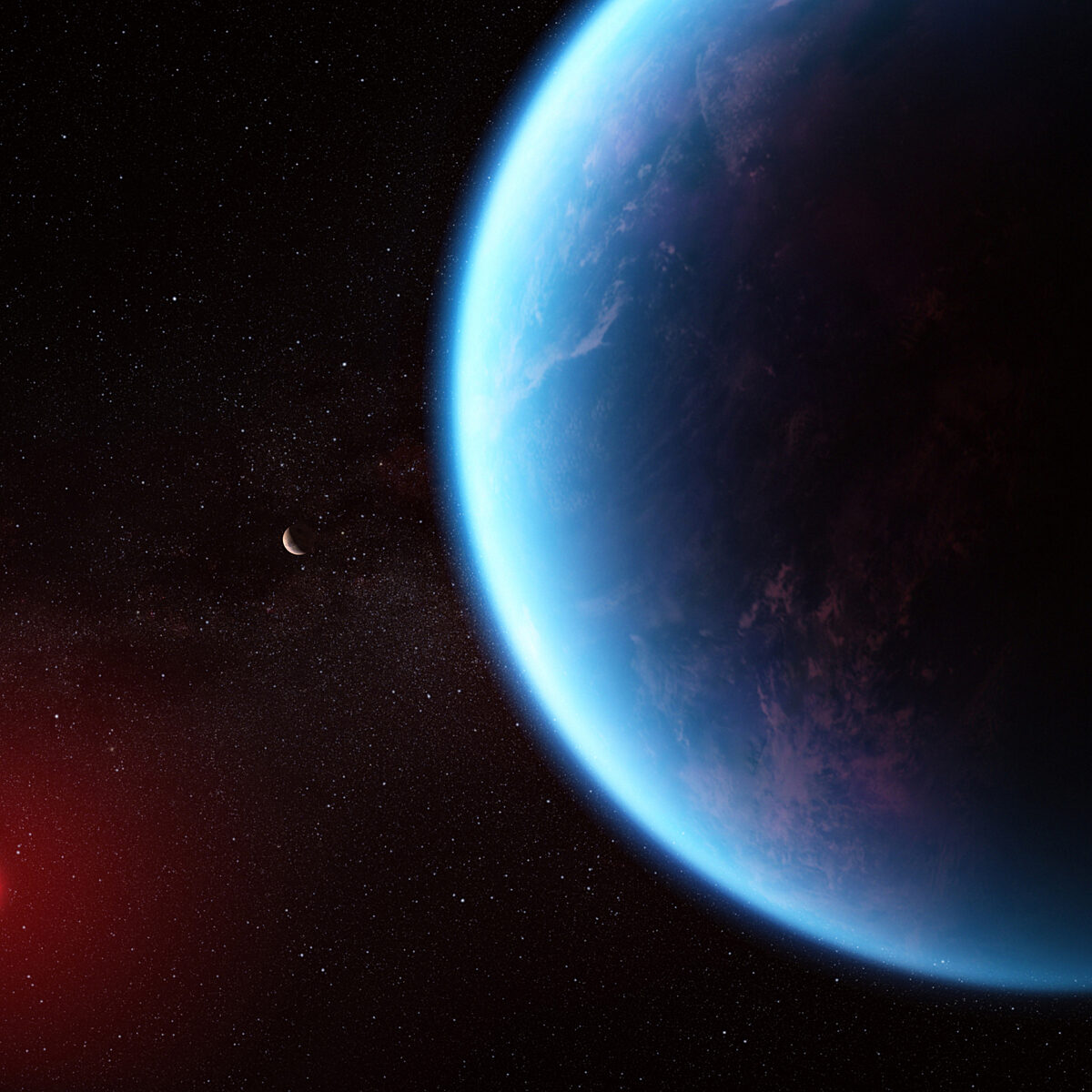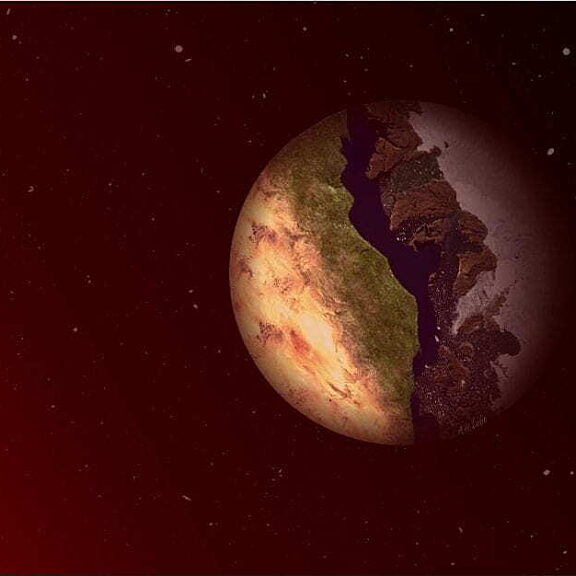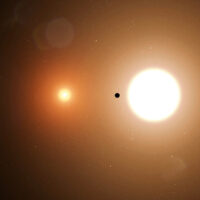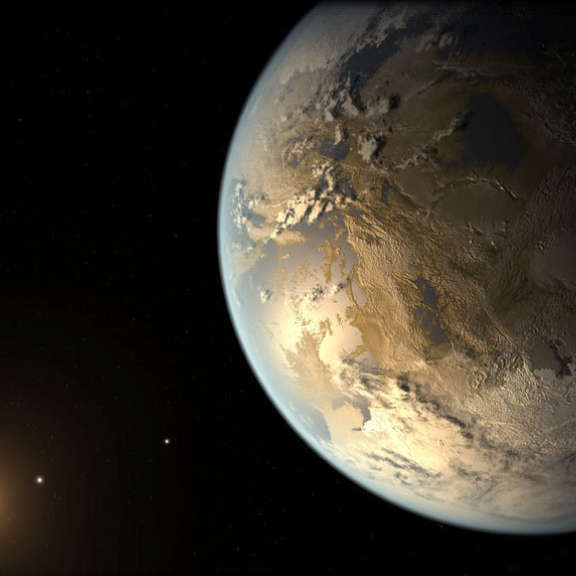All
All
Stories, updates, insights, and original analysis from The Planetary Society.
Why the “habitable zone” doesn’t always mean habitable
The habitable zone is a useful concept in astrobiology, but it can sometimes paint an over-simplified picture of planetary habitability.
Are exoplanet 'terminator zones' a lead in the search for life?
Exoplanets with terminator zones are unusual worlds that may challenge our traditional understanding of habitability.
JWST’s carbon dioxide discovery is good news for Earth-like worlds
NASA's JWST recently detected carbon dioxide in the atmosphere of an exoplanet known as WASP-39b — a historical first.
Are planets with two stars promising places for life?
A look at the potential for habitable planets in binary systems despite their chaotic births.
How we use starlight to look for alien life
The process of spectroscopy can help scientists hunt for biosignatures.
Is life possible on rogue planets and moons?
Our exploration of the solar system combined with two decades of exoplanet research tells us there are several possibilities for life to exist on starless planets and their moons.
What are the most Earth-like worlds we’ve found?
The ongoing hunt for Earth-like worlds, especially over the next few decades, hopes to illuminate how ordinary and extraordinary our planet may be.


 Explore Worlds
Explore Worlds Find Life
Find Life Defend Earth
Defend Earth


 Sun
Sun Mercury
Mercury Venus
Venus Earth
Earth Mars
Mars Jupiter
Jupiter Saturn
Saturn Uranus
Uranus Neptune
Neptune Small Bodies
Small Bodies





